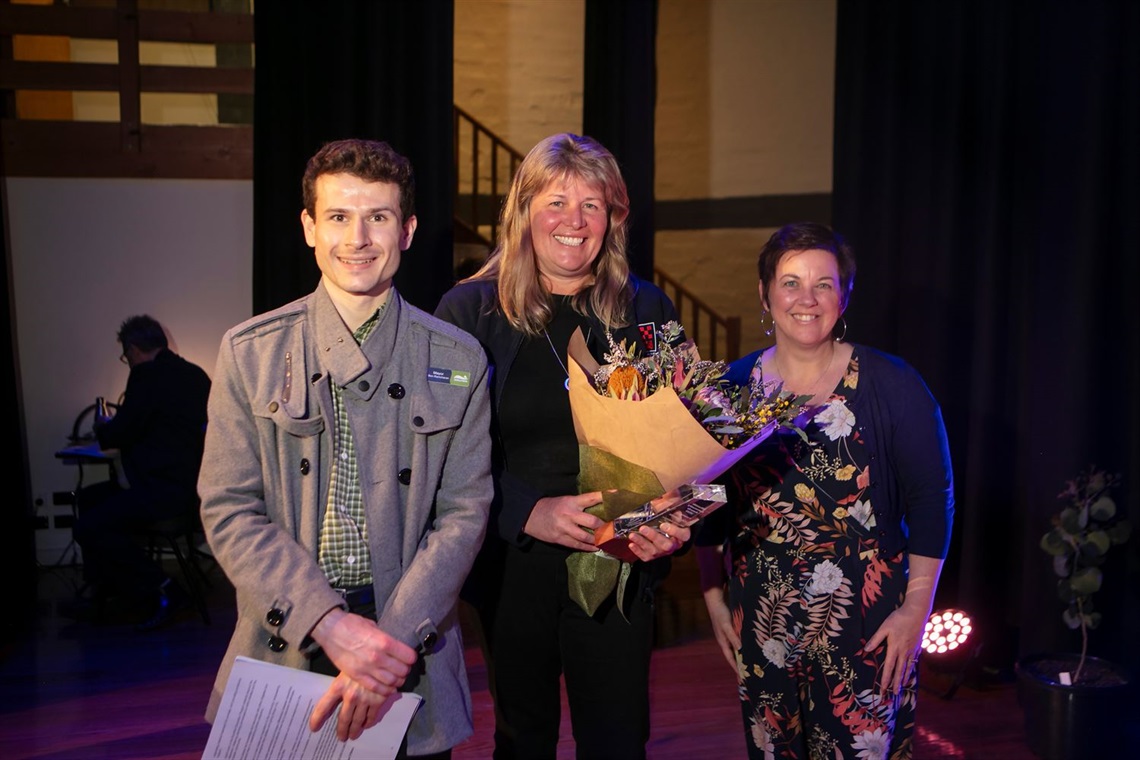Juvenile
offenders will experience legal thrills and face car theft victims as part of an Australian Catholic University trial aimed at discouraging reckless road behaviour.
Criminologists from the university’s Thomas More Law School designed the innovative Deterring Drivers program that will incorporate educational components to highlight the dangers of car theft and joyriding.
Funded by the Queensland Government’s Department of Children, Youth Justice and Multicultural Affairs, the six-week pilot program will commence in Townsville this year, and involve an assortment of hands-on experiences to redirect young people who are at risk of engaging in car theft and joyriding.
It aims to prioritise public safety by intervening early, and channelling participants’ interest in cars into safe recreational activities.
Story in a tweet
- Prevention, not “patching up” teenage road trauma victims, is the priority
- Program to immerse at-risk youth in safe, adrenaline-stirring activities
- Educational sessions will include face-to-face meetings with crime victims
Deterring Drivers will have a specific focus on at-risk Indigenous youth, and expose them to safe, energetic exercise, professional driving training and mechanical workshops.
“We know from research that for many young offenders, particularly those from disadvantaged backgrounds, stealing cars to joyride is a means of excitement, exercising control, and demonstrating their skills to their mates,” ACU criminologist Dr Shannon Dodd said.
“There are legal ways to get those same feelings. By bringing participants together using safe adrenalin-based activities that highlight things like momentum and force, we hope to combat social isolation amongst these young people and steer them towards constructive, energetic pastimes.”
Participants will be referred to the program by Queensland Police and youth justice case workers. The twice-weekly sessions, led by police and medical experts, will introduce participants to car theft victims and emphasise the consequences of unlawful actions. Participants will also engage in workshops informed by Cognitive Behavioural Therapy principles.
“Since car theft and joyriding are often impulsive crimes, participants give little thought to the dangers,” Dr Dodd said.
The educational sessions will also incorporate restorative justice components, where car theft victims and individuals who have lost a loved one to dangerous driving will discuss their experiences.
“Research suggests most joyriders rarely think about the owners of the cars they steal or feel remorse for them,” Dr Dodd said. “However, a major factor discouraging car theft was knowing some one who had been injured or killed while joyriding.”
The program has been designed by ACU criminologists Dr Dodd and Associate Professor Clive Harfield, and Senior Staff Specialist in Emergency Medicine at Townsville University Hospital, Associate Professor Luke Lawton. Up to 15 at-risk teenagers will be inducted into the first cohort.
“The real issue with road trauma is preventing it happening in the first place. Patching up teenage road trauma victims isn’t the answer,” Associate Professor Lawton said.
“We’ve got to get ahead of the problem, which is why we’re so keen to be involved in initiatives like this.”
Deterring Drivers’ success will be evaluated by pre- and post-course interviews and questionnaires with the participants, and interviews with police, case workers, families and other stakeholders. These data will be supplemented by participant observation activities conducted during the program and, where available, an analysis comparing participants’ pre- and post-program offending behaviours.






